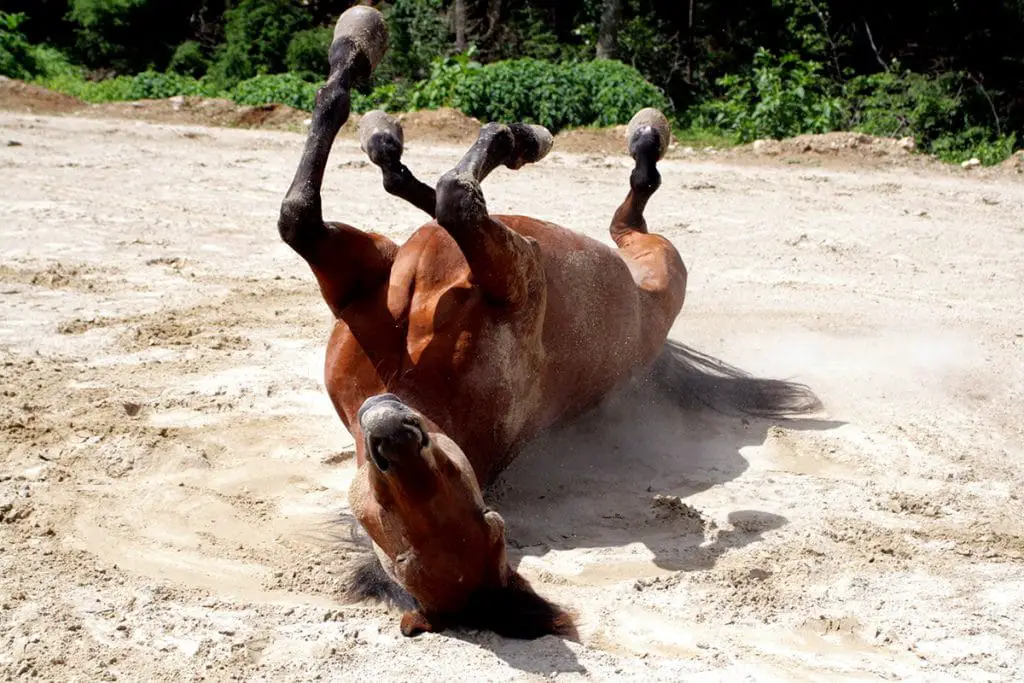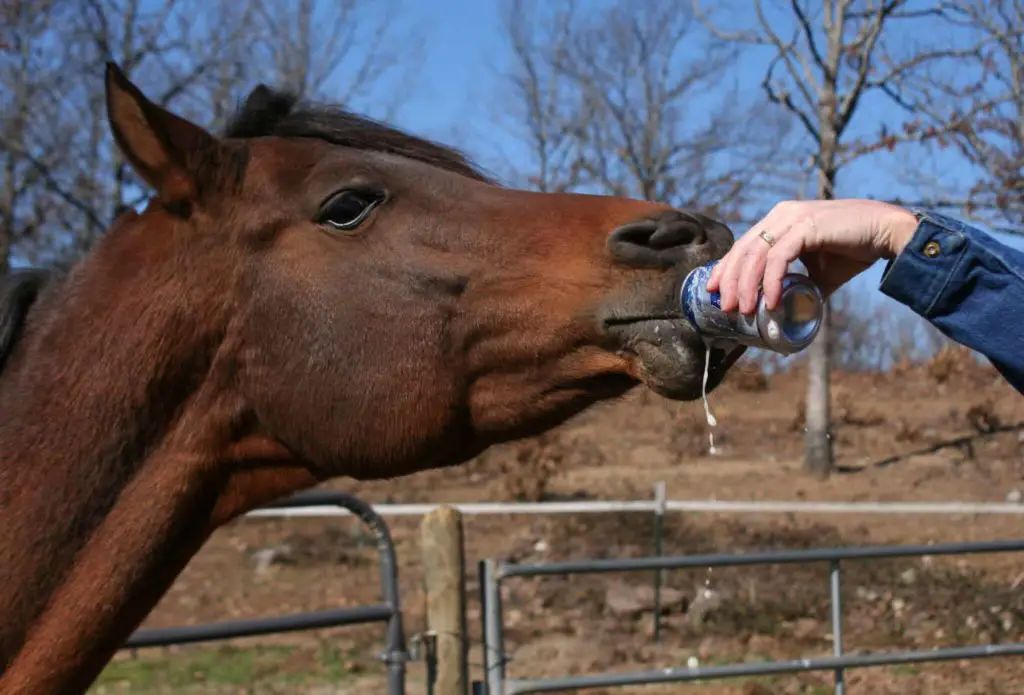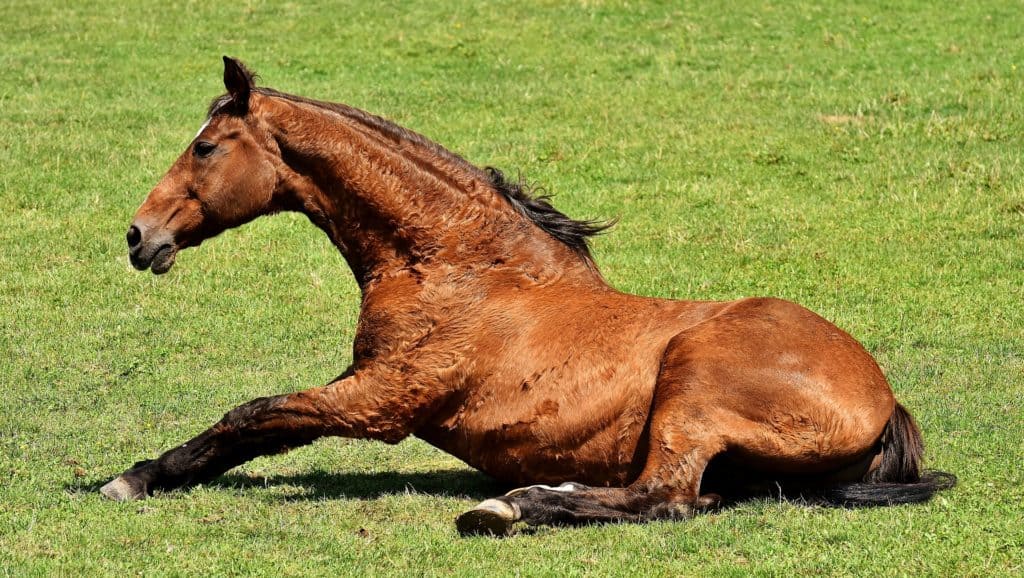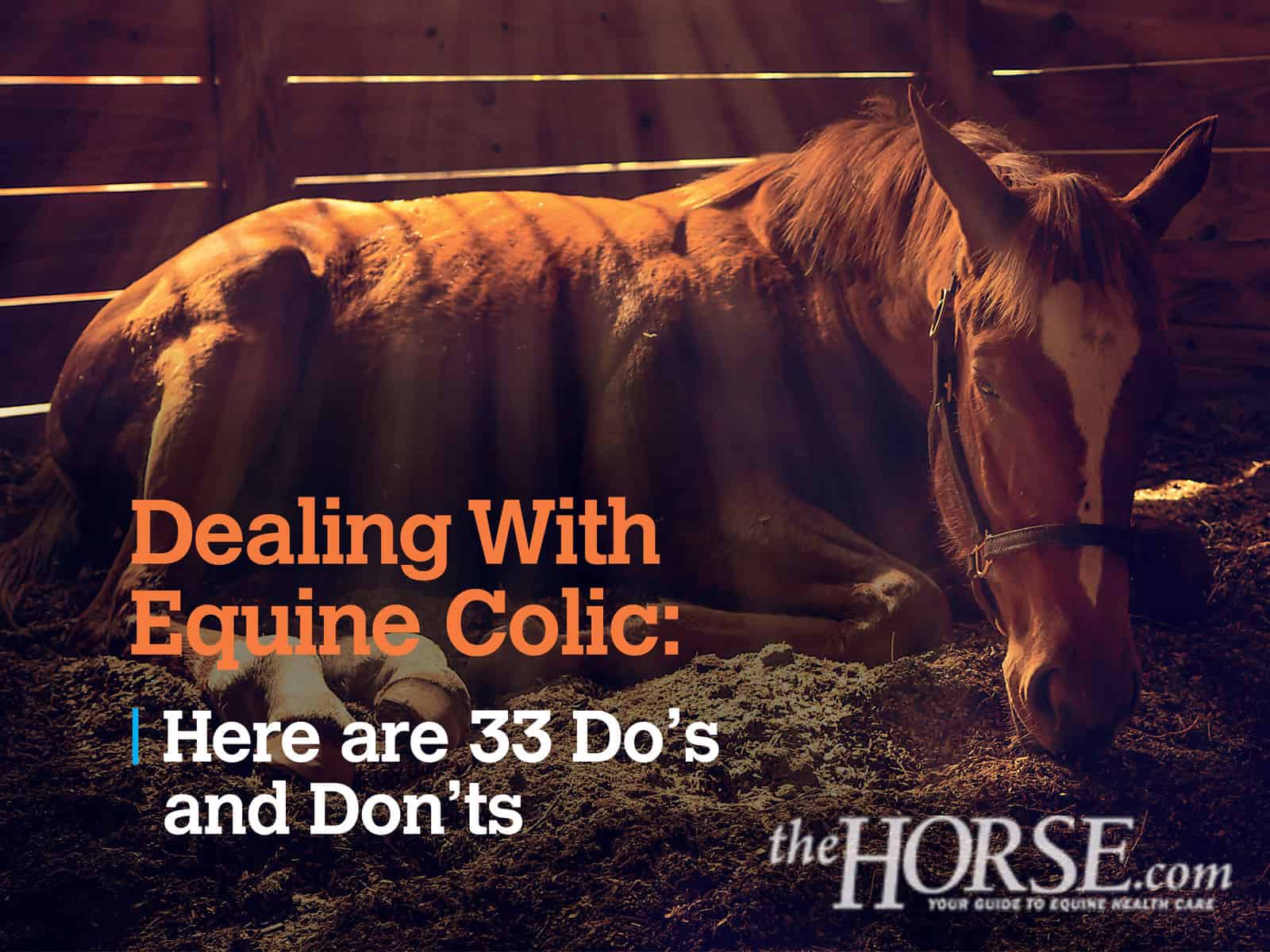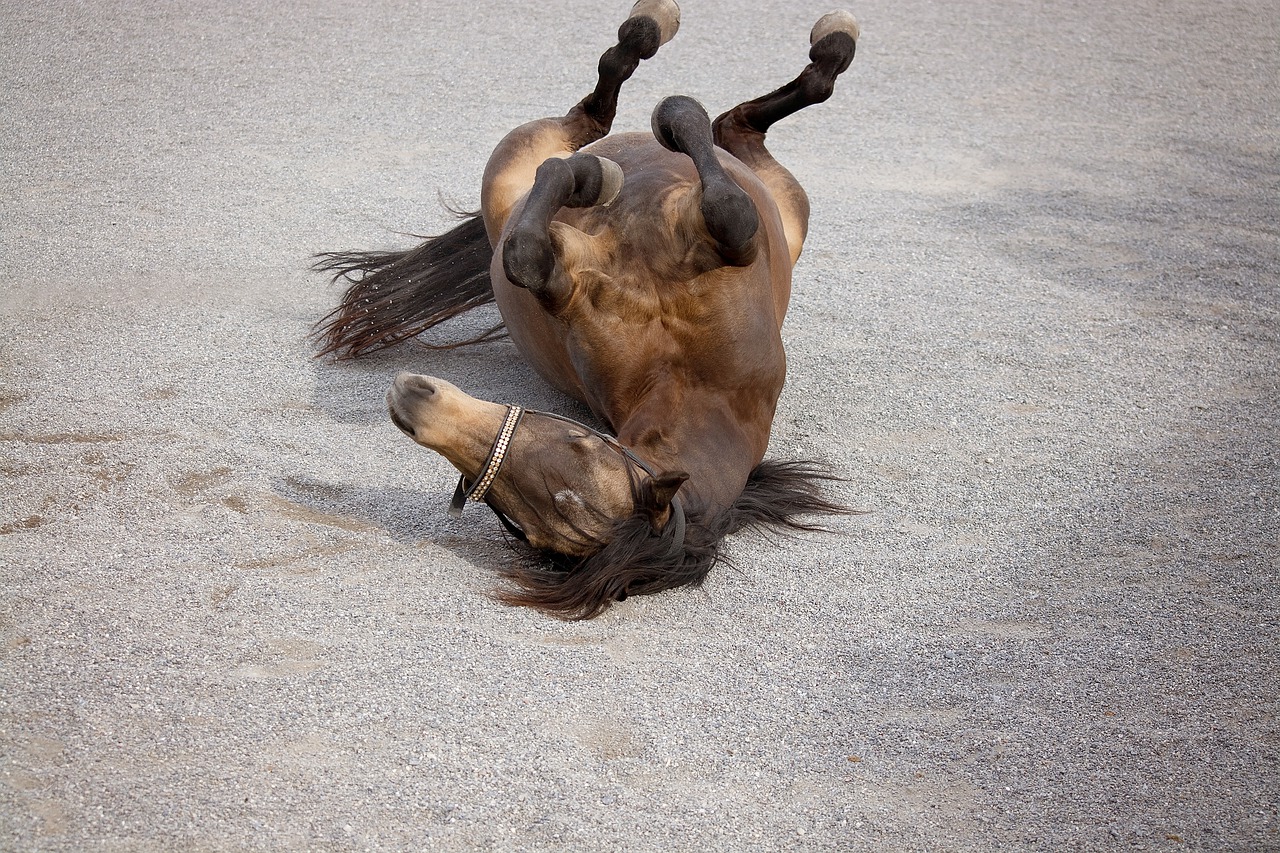Heartwarming Tips About How To Treat Horse Colic
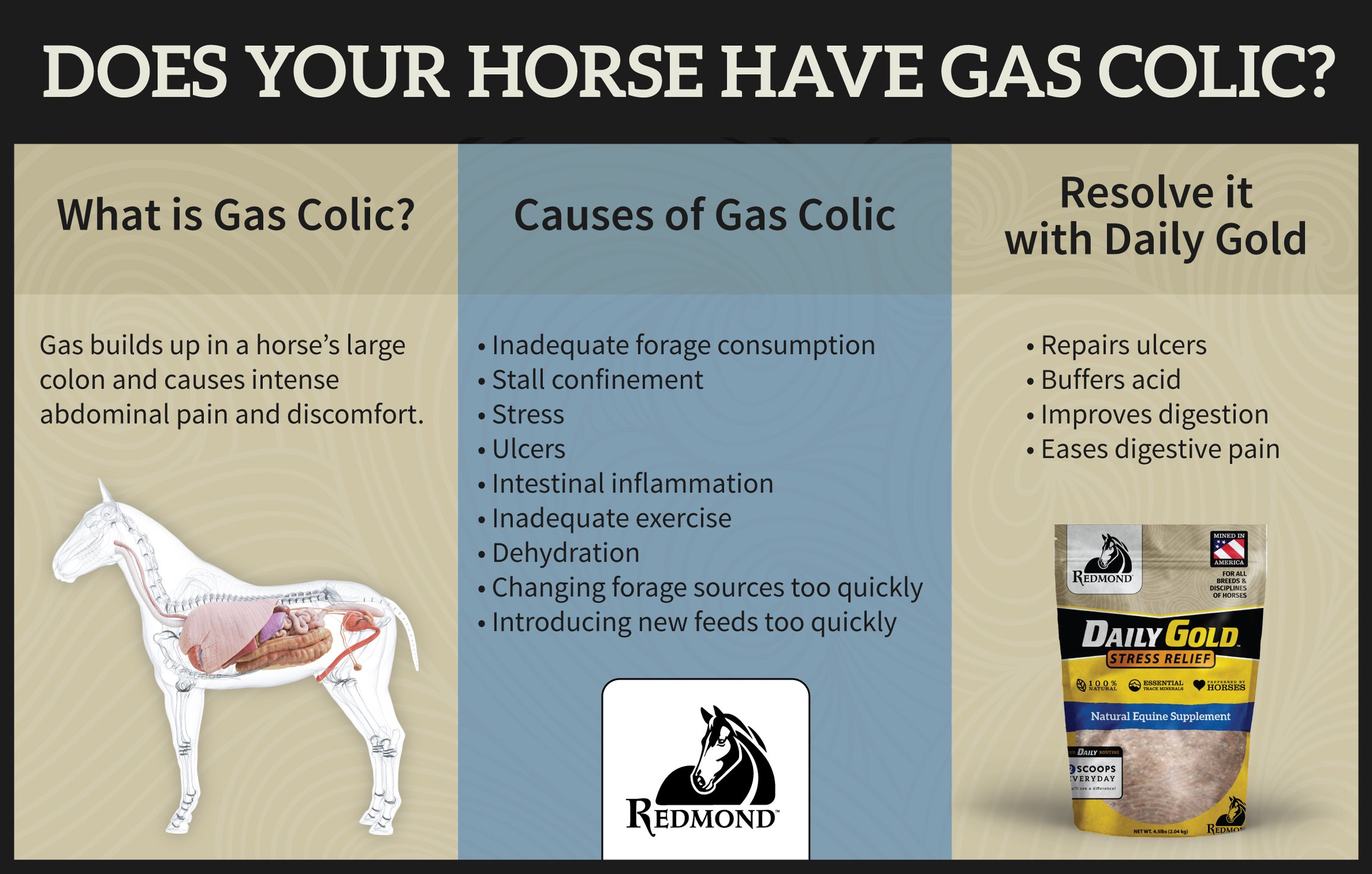
Distension, obstruction, torsion, displacement, volvulus and other conditions of the viscous are often associated with varying degrees of pain.
How to treat horse colic. Colic indicates a painful problem in your horse’s abdomen. Horses exhibiting signs of colic should be examined by a veterinarian immediately. This can often be treated by a veterinarian who inserts a stomach tube to relieve pressure and accumulation of fluids.
Rectal examination nasogastric intubation what happens at a referral? Pawing the ground is another sign, as is sweating, apathy, loss of appetite, bloated stomach, general distress, anxiety, or a weird posture. Calling your veterinarian at the earliest sign of colic is extremely important since many cases of colic can be treated with medication.
Signs of colic in horses the symptoms of colic in horses can vary depending on the severity of pain. How do you treat colic in a horse? Horses are naturally prone to colic.
In this article, we will discuss some of the most effective ways to treat horse colic, including pain management, fluid therapy, and dietary changes. In order to appropriately treat a horse for colic, the underlying medical cause for the colic symptoms must be identified. In addition to general changes in behaviour, signs of colic can include:
Give your horse enough roughage. November 24, 2020 posted by alexandra beckstett learn about the clinical signs of colic and what to do if your horse experiences a bout. Find out from our veterinary experts.
One cause of impaction can be dehydration. As the causes and types of colic are so varied, the treatment prescribed by the vet will depend on what clinical signs the horse is showing and the. What should you do (or not do) if your horse shows signs of colic?
Referral to an equine hospital for a horse or pony suffering from colic may be considered for a number of different reasons, including: The first steps to helping relieve a colicking horse’s pain are to administer analgesics and insert a nasogastric tube to decompress (or remove fluid and gas from) the stomach. In severe colic, the horse will not want to eat, but in a mild colic or during periods of low pain, the horse might attempt to eat.
Treatment horses with colic may or may not need surgery. Fortunately, over 80 percent of colic types respond well to treatment on the farm. Important early detection of colic will improve the chances of survival.
However, they can also go bad very quickly. Good teeth encourage your horse to chew properly, which makes an impaction less. Foaling mares are susceptible to colic just before, during, and following giving birth.
Watch your vet perform an. Most often, the cause is a gastrointestinal disturbance related to the colon. Relieving horse colic 1.
